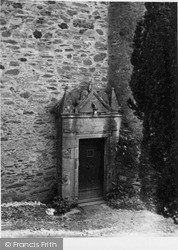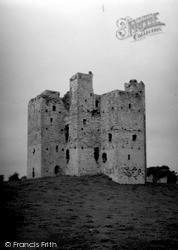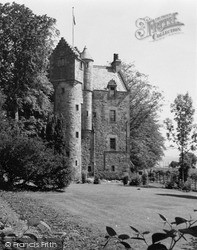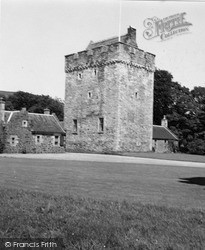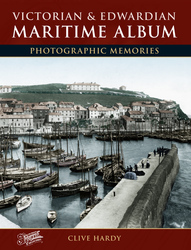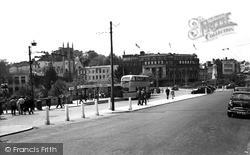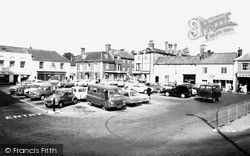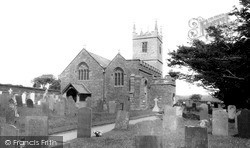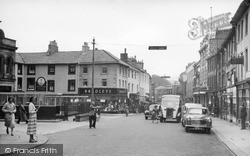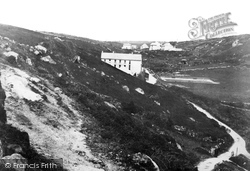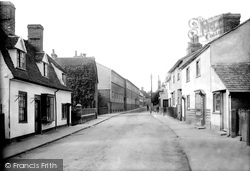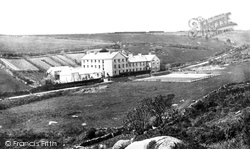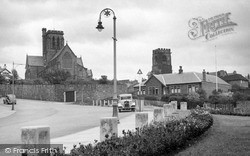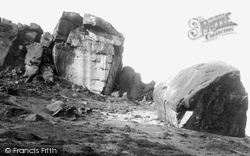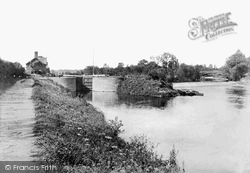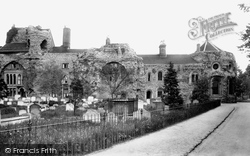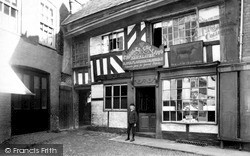Places
4 places found.
Those places high-lighted have photos. All locations may have maps, books and memories.
Photos
4 photos found. Showing results 1 to 4.
Maps
Sorry, no maps were found that related to your search.
Memories
Sorry, no memories were found that related to your search.
Captions
12 captions found. Showing results 1 to 12.
Public transport came early to Bournemouth, making the town a superb central location for visitors wishing to explore the locality.
In this view of the Market Place, the vehicles in the car park are typical of the period, and the van in the centre probably came from RAF Chilmark nearby.
A branch of the famed family lived nearby for over 400 years from 1490; round-the-world yachtsman Sir Francis Chichester was one member.
At this date, buses came up Market Street, around the Square and then proceeded up Market Street towards the Castle and turned left into King Street southwards, towards the south of the city.
Ever since undersea cables came ashore on this far western coast, Porthcurno has played a major role in world communications and commerce.
Daniel Walters came to the town in 1822, and these mills were built in 1856. Behind these is another range of buildings constructed in 1869.
The Eastern Telegraph Co's large cable station was established in the valley just inland from the beach at Porthcurno, where undersea cables came ashore.
This is explained by a need to accommodate the hundreds of summer visitors who came to this area, and who needed to attend church on a Sunday.
The Victorians came to Ilkley in their carriages, and later by train, to enjoy fresh air and the invigorating spa water. But sunshine can quickly disappear.
It was here they came to escape Danish raiders in 1041, and here too they tried to flee the plague in 1637. As a result, the island was often referred to as The Camp.
A statue of St Edmund, by Dame Elizabeth Frink, was placed here in 1976 to commemorate the end of Bury St Edmunds and West Suffolk as independent administrative areas.
This has led many to believe that this is the house from which Charles II so famously escaped after the Battle of Worcester, running out of the back door as his pursuers came in at the front.
Places (4)
Photos (4)
Memories (0)
Books (1)
Maps (0)


